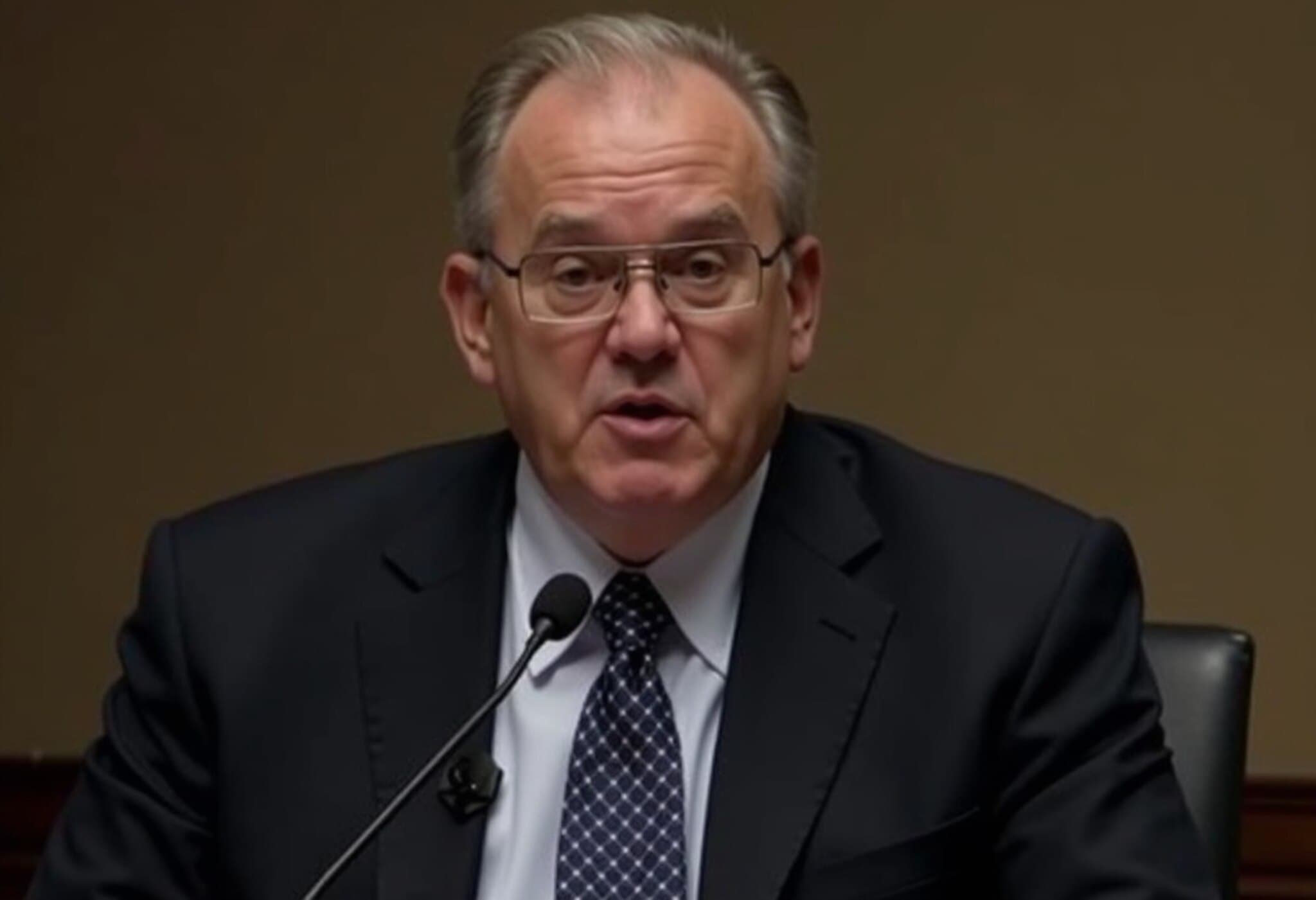Speaker Johnson Addresses Medicaid Cuts in House Spending Bill
Speaker of the House Mike Johnson (R-LA) recently defended the inclusion of Medicaid work requirements in the latest House budget bill, stating that 4.8 million Medicaid recipients would not lose their healthcare coverage unless they choose to do so.
Johnson described the policy as a "common sense" measure aimed at imposing work requirements on able-bodied Medicaid recipients. These requirements include engaging in work, job training, or volunteering for 80 hours per month.
Details of the Work Requirements
Under the proposed bill, Medicaid recipients deemed able-bodied would need to fulfill the following to maintain eligibility:
- Work a minimum number of hours, participate in job training, or volunteer.
- Complete paperwork and attend eligibility verifications, including address verifications.
Johnson emphasized that these requirements are reasonable and not overly burdensome, stating, "You're telling me that...to work or volunteer in their community for 20 hours a week, and that's too cumbersome? I'm not buying it." He argued that such enforcement is minor and should have been implemented earlier.
Public and Political Reactions
The bill has faced significant opposition both publicly and within political circles. During recent town hall meetings, several Republican lawmakers supporting the bill were met with disapproval from constituents. Notably, some representatives and a senator were openly booed or confronted by attendees expressing concern over the proposed Medicaid cuts.
Some Senate Republicans have also voiced criticism. Senator Josh Hawley cautioned that cutting health insurance for the working poor is both morally questionable and politically damaging.
Democratic Opposition and Concerns
Democrats argue that the work reporting requirements could inadvertently cause millions of Medicaid recipients to lose coverage due to difficulties with compliance and paperwork. Senator Raphael Warnock highlighted that these requirements are more effective at removing people from healthcare rolls than encouraging employment.
Warnock stated, "This work reporting requirement is very good at kicking people off of their health care. It's not good at incentivizing work at all." He pointed to analyses from states like Georgia to support his claims.
Next Steps for the Bill
The House-passed bill now moves to the Senate for consideration. Speaker Johnson expressed confidence that it would be passed by Congress and signed into law by the President before July 4, promising a "glorious celebration" once enacted.
The legislation includes more than just Medicaid changes, also proposing cuts to other social programs such as the Supplemental Nutrition Assistance Program (SNAP), drawing further debate regarding its social impact.



















